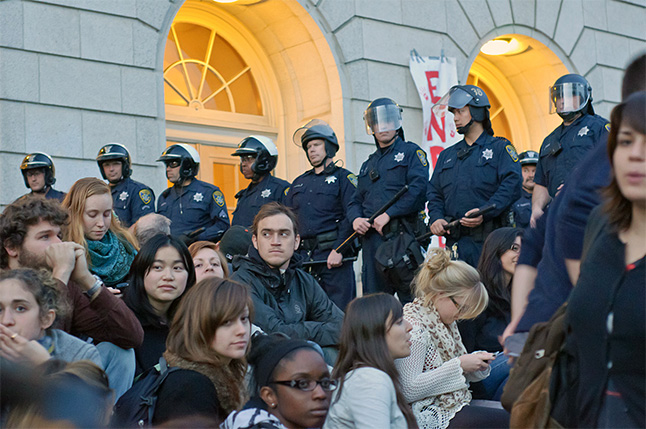Welcome to News Without Borders, a feature of The Revelstoke Current intended to link you to timely and interesting stories from the world beyond Revelstoke.
Mastodon discovery shakes up understanding of early humans in the New World

An Ice Age paleontological-turned-archaeological site in San Diego, Calif., preserves 130,000-year-old bones and teeth of a mastodon that show evidence of modification by early humans. Analysis of these finds dramatically revises the timeline for when humans first reached North America, according to a paper published in the April 27 issue of the journal Nature.
The Science Daily website says the fossil remains were discovered by Museum paleontologists during routine paleontological mitigation work at a freeway expansion project site managed by the California Department of Transportation (Caltrans). The bones, tusks, and molars, many of which are sharply broken, were found deeply buried alongside large stones that appeared to have been used as hammers and anvils, making this the oldest in situ, well-documented archaeological site in the Americas.
***
The Real Threat to Free Speech
Forget anti-Islamophobia legislation. The biggest challenge is coming from activists

Last week, conservative pundit Ann Coulter became the latest person to be blocked from speaking at a university. In their letter to the Berkeley College Republicans, the sponsors of the talk, administrators from the University of California, Berkeley explained that it was “not possible to assure that the event could be held successfully—or that the safety of Ms. Coulter, the event sponsors, audience and bystanders could be adequately protected.” Coulter has vowed to show up notwithstanding these security concerns, but the university is pushing to have the talk rescheduled to a later date, when it could be held at a “protectable venue.”
In Canada, says a cogent article in The Walrus by Lauren Heuser, controversial speakers rarely provoke threats of violence. But our public is no less thin-skinned. Just last month, Andrew Potter resigned from his post as the director of McGill’s Institute for the Study of Canada within days of writing a column about Quebec that sparked controversy on social media. It didn’t matter that Potter apologized almost immediately for the piece, admitting that he’d taken too many liberties. Vocal members of the public wanted his head, and McGill gave it to them.
Many of those who defend Coulter and Potter cry “freedom of speech.” They are not wrong to do so. While the two remain, of course, legally free to say what they want, they are, in practice, a little less free because of what’s happened to them. We all are: everyone has witnessed the societal repercussions of expressing anything too controversial, too unorthodox, or too glib.
***
How Easily Could Trump Withdraw the U.S. From NAFTA?
The legal procedure for an “Amerexit” isn’t as straightforward as Brexit
President Trump is reportedly mulling an executive order to withdraw the United States from the North American Free Trade Agreement, a major trade deal with Canada and Mexico that reshaped broad sections of the U.S. economy after going into effect in 1994. But it might not be as easy to get out of NAFTA as Trump may think.
Associate Editor Matt Ford says in this online article in The Atlantic that the president’s aversion toward multilateral trade agreements placed him in a similar ideological camp as pro-Brexit voters in Britain, who narrowly won a referendum last year to withdraw their country from the European Union. Trump celebrated the result at the time and claimed he successfully predicted it, even referring to himself as “Mr. Brexit.” For him and his supporters, the surprise result across the Atlantic showed their upset victory could also be possible. It additionally demonstrated a broader populist backlash against establishment institutions. Britain’s experience also illustrates how Trump might not be able to carry out his own Amerexit from the free-trade agreement he’s so frequently criticized.
***
The Oral History of TED, a Club for the Rich That Became a Global Phenomenon
Before its 2,000-plus videos had been viewed 8 billion times, TED was an annual conference for wealthy eggheads, says Emma Grey Ellis in this article written for Wired magazine. Starting in February 1984, 1,000 people who could afford to pay $4,000 (and up) would gather in Monterey, California, to hear 18-minute lectures on technology, entertainment, and design. (TED, get it?) Then, in 2006, TED started posting the presentations on its website, transforming a once-exclusive conference into a viral think-piece factory. As TED kicks off its 33rd conference this spring, here’s how the talks went global.




